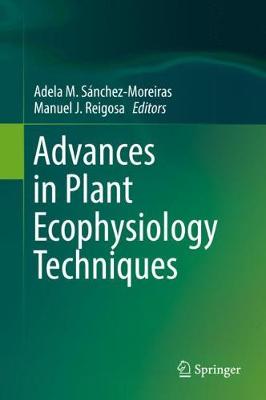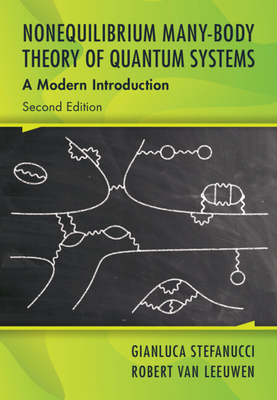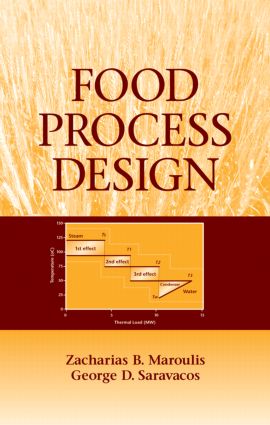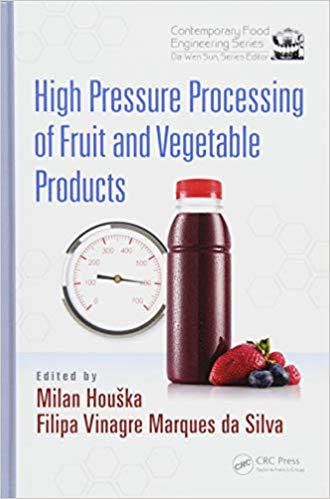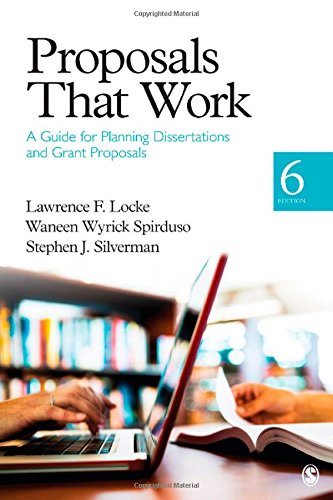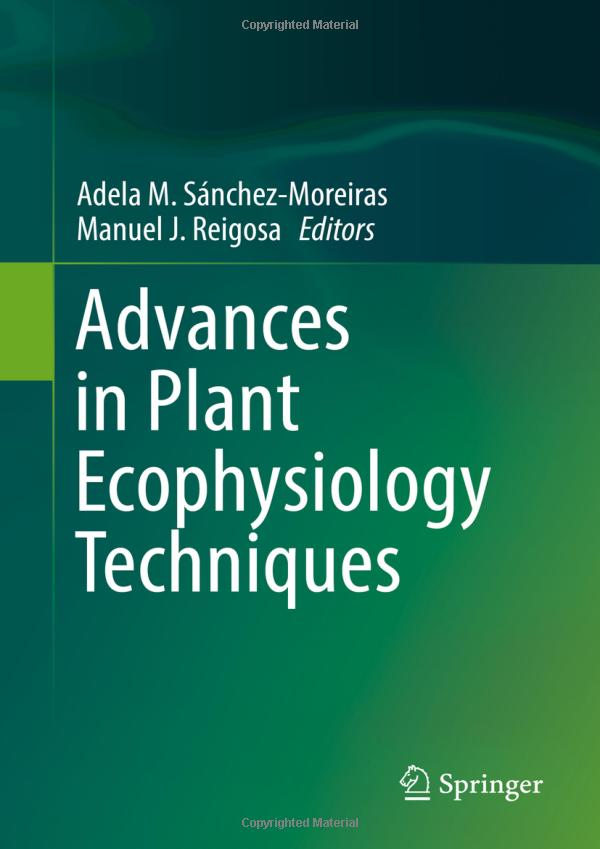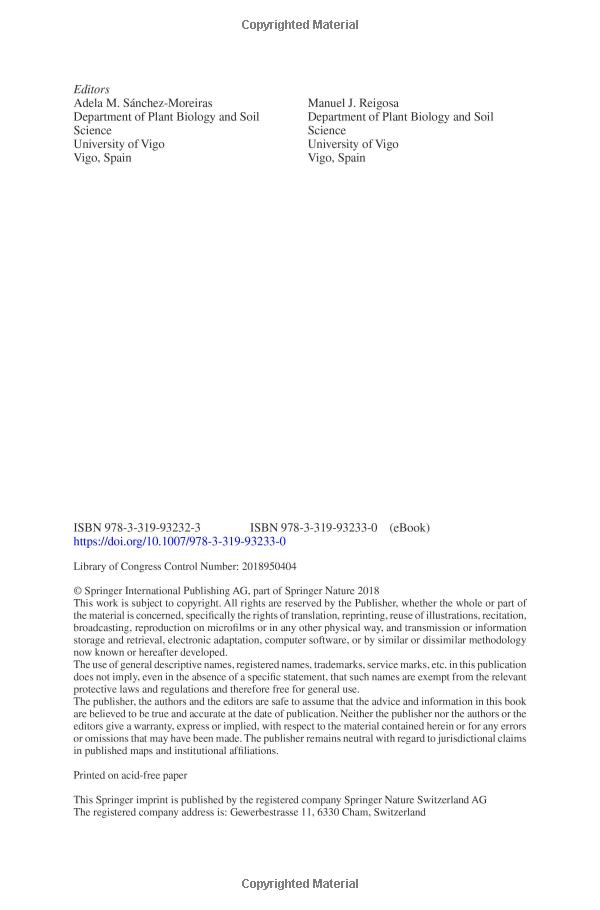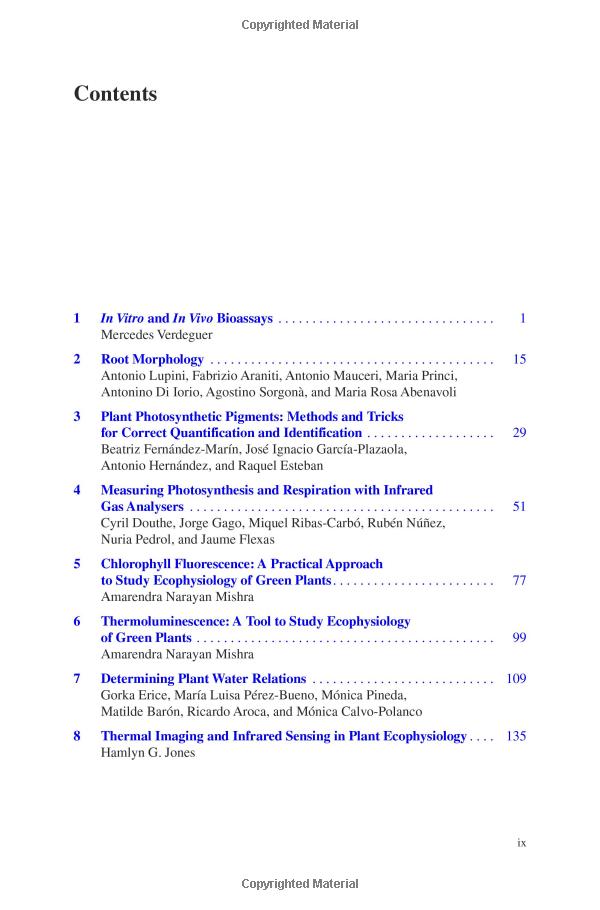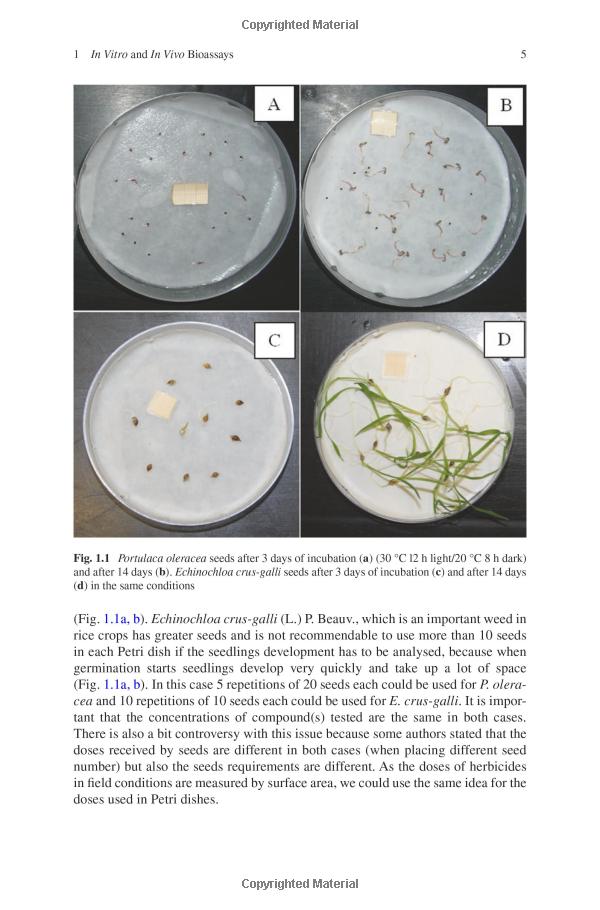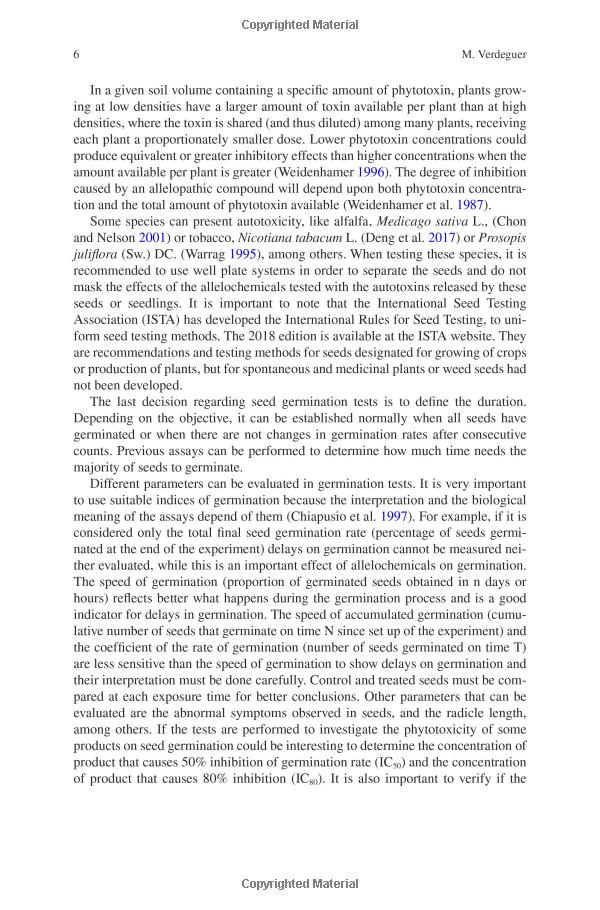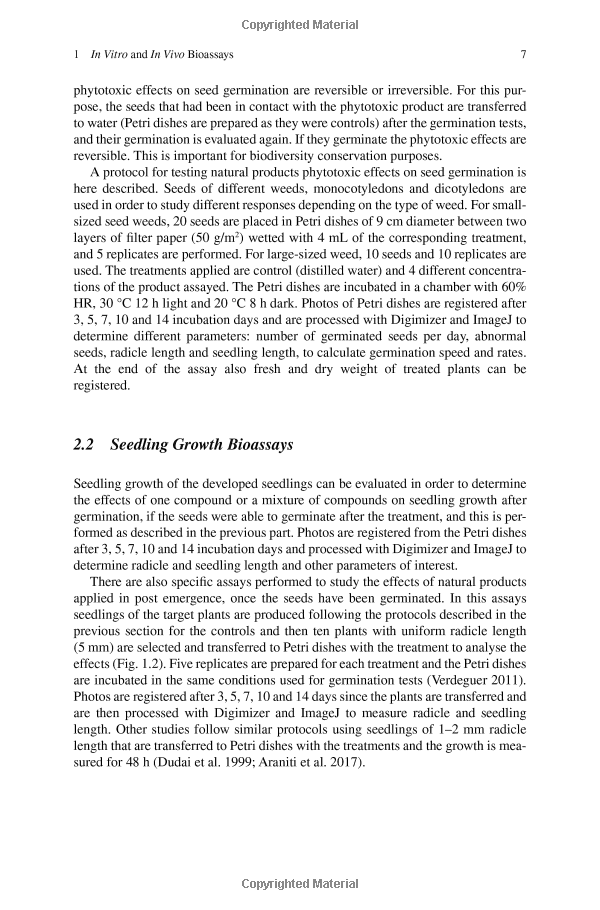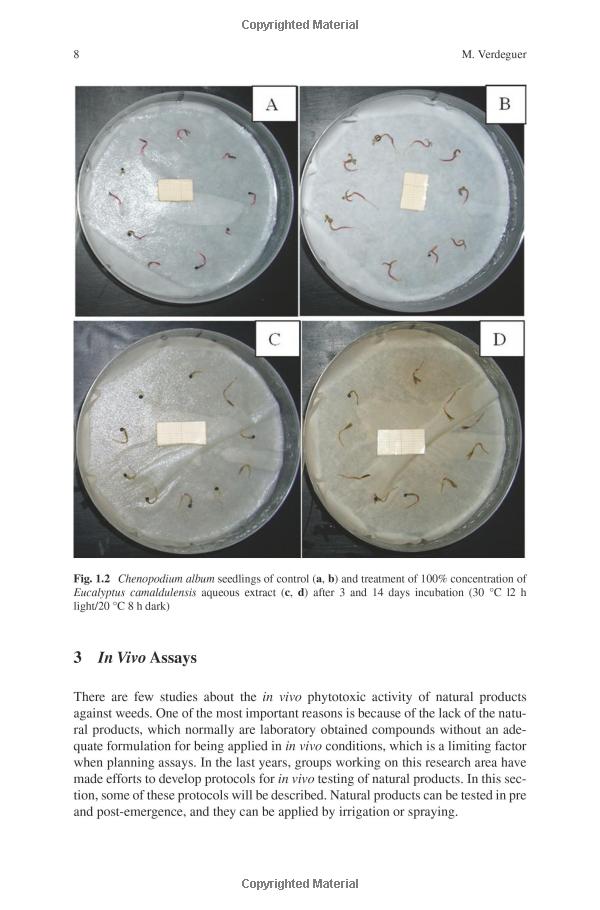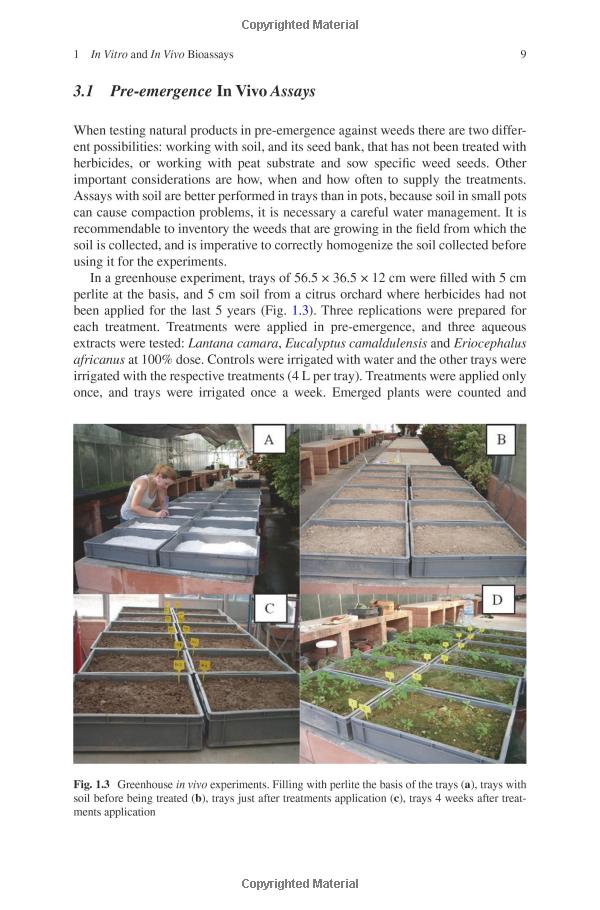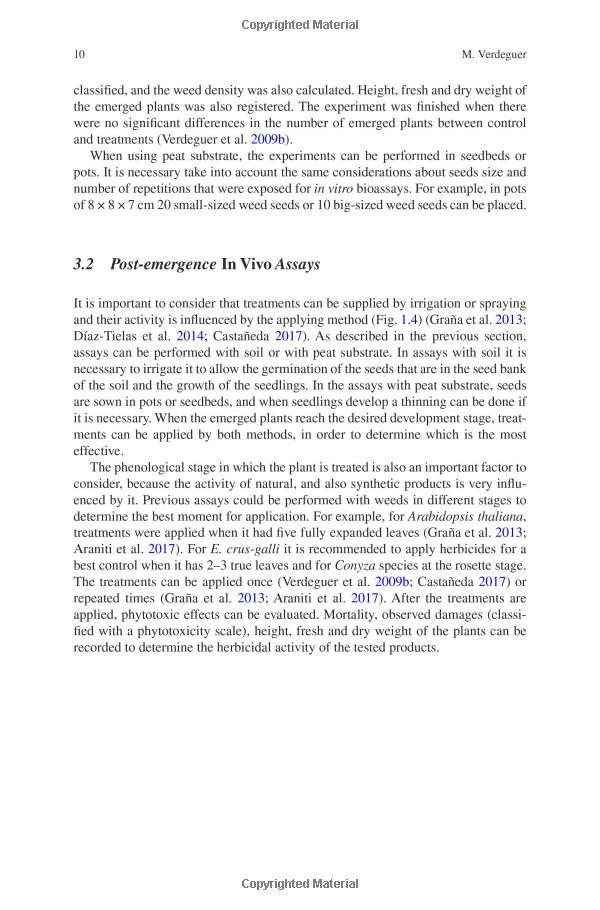图书简介
This handbook covers the most commonly used techniques for measuring plant response to biotic and abiotic stressing factors, including: in vitro and in vivo bioassays; the study of root morphology, photosynthesis (pigment content, net photosynthesis, respiration, fluorescence and thermoluminiscence) and water status; thermal imaging; the measurement of oxidative stress markers; flow cytometry for measuring cell cycle and other physiological parameters; the use of microscope techniques for studying plant microtubules; programmed-cell-death; last-generation techniques (metabolomics, proteomics, SAR/QSAR); hybridization methods; isotope techniques for plant and soil studies; and the measurement of detoxification pathways, volatiles, soil microorganisms, and computational biology.
Preface.- 1. In vitro and in vivo bioassays.- 2. Root morphology.- 3. Plant photosynthetic pigments: Methods and tricks for correct quantification and identification.- 4. Measuring photosynthesis and respiration with infrared gas analysers.- 5. Chlorophyll fluorescence: a practical approach to study ecophysiology of green plants.- 6. Thermoluminescence: a tool to study ecophysiology of green plants.- 7. Determining plant water relations.- 8. Thermal imaging and infrared sensing in plant ecophysiology.- 9. Photoprotection and photo-oxidative stress markers as useful tools to unravel plant invasion success.- 10. Reactive oxygen species and antioxidant enzymatic systems in plants: role and methods.- 11. Flow cytometric measurement of different physiological parameters.- 12. Flow cytometry: cell cycle.- 13. Mitotic index.- 14. Fluorescent probes and live imaging of plant cells.- 15. Confocal and transmission electron microscopy for plant studies.- 16. Plant programmed cell death (PCD): using cell morphology as a tool to investigate plant PCD.- 17. Visualization of plant microtubules.- 18. Multiprobe in-situ hybridization to whole mount Arabidopsis seedlings.- 19. Proteomics analysis of plant tissues based on two-dimensional gel electrophoresis.- 20. Metabolomics and metabolic profiling – investigation of dynamic plant-environment interactions at the functional level.- 21. SAR / QSAR.- 22. Elucidating the phytotoxic potential of natural compounds.- 23. Exploring plants strategies for allelochemical detoxification.- 24. Chemical characterization of volatile organic compounds (VOCs) through headspace solid phase micro extraction (SPME).- 25. Carbon radiochemicals (14C) and stable isotopes (13C): crucial tools to study plant-soil interactions in ecosystems.- 26. Stable-isotope techniques to investigate sources of plant water.- 27. Soil microorganisms.- 28. Computational approach to study ecophysiology.
Trade Policy 买家须知
- 关于产品:
- ● 正版保障:本网站隶属于中国国际图书贸易集团公司,确保所有图书都是100%正版。
- ● 环保纸张:进口图书大多使用的都是环保轻型张,颜色偏黄,重量比较轻。
- ● 毛边版:即书翻页的地方,故意做成了参差不齐的样子,一般为精装版,更具收藏价值。
关于退换货:- 由于预订产品的特殊性,采购订单正式发订后,买方不得无故取消全部或部分产品的订购。
- 由于进口图书的特殊性,发生以下情况的,请直接拒收货物,由快递返回:
- ● 外包装破损/发错货/少发货/图书外观破损/图书配件不全(例如:光盘等)
并请在工作日通过电话400-008-1110联系我们。
- 签收后,如发生以下情况,请在签收后的5个工作日内联系客服办理退换货:
- ● 缺页/错页/错印/脱线
关于发货时间:- 一般情况下:
- ●【现货】 下单后48小时内由北京(库房)发出快递。
- ●【预订】【预售】下单后国外发货,到货时间预计5-8周左右,店铺默认中通快递,如需顺丰快递邮费到付。
- ● 需要开具发票的客户,发货时间可能在上述基础上再延后1-2个工作日(紧急发票需求,请联系010-68433105/3213);
- ● 如遇其他特殊原因,对发货时间有影响的,我们会第一时间在网站公告,敬请留意。
关于到货时间:- 由于进口图书入境入库后,都是委托第三方快递发货,所以我们只能保证在规定时间内发出,但无法为您保证确切的到货时间。
- ● 主要城市一般2-4天
- ● 偏远地区一般4-7天
关于接听咨询电话的时间:- 010-68433105/3213正常接听咨询电话的时间为:周一至周五上午8:30~下午5:00,周六、日及法定节假日休息,将无法接听来电,敬请谅解。
- 其它时间您也可以通过邮件联系我们:customer@readgo.cn,工作日会优先处理。
关于快递:- ● 已付款订单:主要由中通、宅急送负责派送,订单进度查询请拨打010-68433105/3213。
本书暂无推荐
本书暂无推荐
